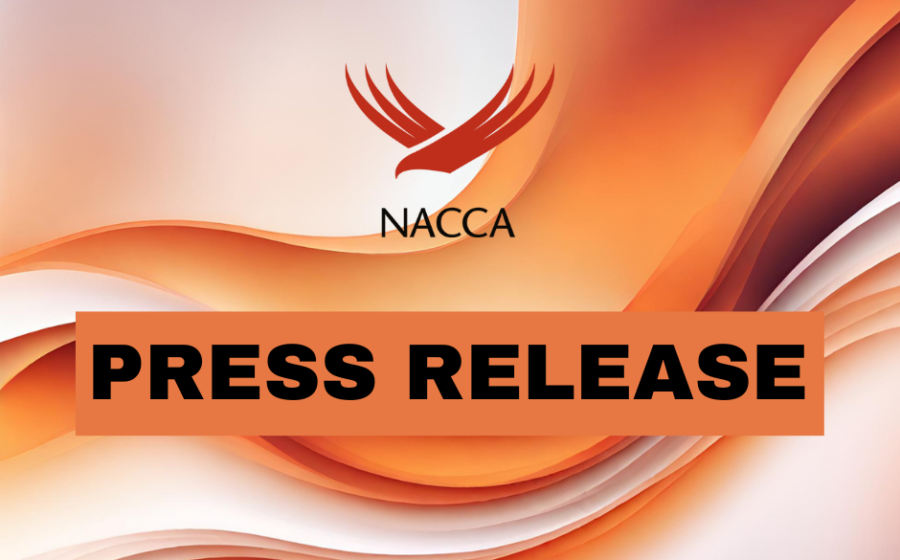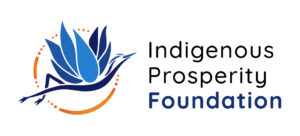NEW NATIONAL DEFINITIONS WILL DIRECT CONTRACTS TO LEGITIMATE INDIGENOUS BUSINESSES
PRESS RELEASE – NEW NATIONAL DEFINITIONS WILL DIRECT CONTRACTS TO LEGITIMATE INDIGENOUS BUSINESSES
FOR IMMEDIATE RELEASE
March 12, 2024
OTTAWA, ONTARIO – NACCA is thrilled to announce the release of the Indigenous Business Definitions, a national set of consistent definitions that will help direct the procurement of goods and services to legitimate Indigenous businesses across the country.
In 2021, the federal government announced a government-wide procurement target of 5 percent for Indigenous businesses. With annual expenditures of $22 billion overall, this amounts to hundreds of millions of dollars per year in business for First Nations, Métis, and Inuit entrepreneurs.
“We welcome the five percent target,” says Shannin Metatawabin, CEO of NACCA. “But we need to ensure that the contracts are going to Indigenous entrepreneurs— enhancing the well-being of our people, their families, and their communities. This is why we’ve developed the Indigenous Business Definitions.”
Created by a coalition of Indigenous economic organizations, the definitions can be used by public and private sector actors at all levels—including provincial, territorial, and municipal governments and a Canadian business of any size that seeks to promote economic reconciliation. The enthusiasm from the coalition extends to Indigenous entrepreneurs from coast to coast to coast and stems from the necessity to ensure these contracts genuinely empower Indigenous entrepreneurs. This ‘living’ document of definitions will undergo regular updates, recognizing that when local businesses thrive, so do the people, their families, and their communities. The federal government’s five percent procurement policy, coupled with the newly launched First Nations Procurement Organization and the Indigenous Business Definitions, promises a profound impact on Indigenous businesses with rippling positive effects throughout the Canadian economy.
The definitions were developed by a working group of five national Indigenous economic organizations and three national Indigenous representative organizations. The group sought broad stakeholder input. It built consensus and a shared understanding in arriving at definitions for Indigenous sole proprietorships, corporations, non-profits, charitable organizations, cooperatives, and micro-enterprises. The definitions represent the diverse perspectives of Indigenous people and organizations from across the country and are subject to change as they are implemented and need to be responsive to the Indigenous communities served.
“We needed a clear set of criteria—developed by Indigenous people—to set out which businesses should legitimately benefit,” says Jean Vincent, chair of NACCA’s board. “Now we have those criteria.”
The definitions will offer clarity in a context that has long seen false claims of indigeneity, tokenism, and other modes of deception by bad actors seeking to gain an advantage in procurement processes. They will help increase access to financing for Indigenous businesses and improve Indigenous business data. And they will improve accountability and transparency surrounding procurement targets, so that all can understand whether targets are being met.
NACCA hopes that the Indigenous Business Definitions will be applied widely. We know that Indigenous businesses have long been eager to participate in the economic prosperity of our country. Consistent national definitions will help connect legitimate Indigenous businesses to procurement opportunities, advancing one step further on the journey of economic reconciliation.
– 30 –
Indigenous Business Definitions are a set of criteria that determine what constitutes an Indigenous business or organization for the purpose of procurement. They are designed to ensure that Indigenous Peoples of Canada have direct and meaningful participation, ownership, and benefit from the economic opportunities created by public and private sector contracts.
Media Contact:
Joël Lamoureux Communications Manager NACCA jlamoureux@nacca.ca
POUR DIFFUSION IMMÉDIATE
12 mars 2024
OTTAWA (ONTARIO) – L’ANSAF est ravie d’annoncer la publication des Définitions des entreprises autochtones, un ensemble national de définitions uniformes qui aideront à orienter l’approvisionnement en biens et services vers les entreprises autochtones légitimes partout au pays.
En 2021, le gouvernement fédéral a annoncé qu’un objectif de 5 % de la valeur totale de leurs marchés soit attribué à des entreprises autochtones. Avec des dépenses annuelles totales de 22 milliards de dollars, cela représente des centaines de millions de dollars par année en affaires pour les entrepreneurs des Premières Nations, métis et inuits.
Nous accueillons favorablement l’objectif de cinq pour cent », déclare Shannin Metatawabin, PDG de l’ANSAF. « Mais nous devons nous assurer que les contrats sont attribués aux entrepreneurs autochtones, ce qui améliore le bien-être de notre peuple, de leurs familles et de leurs communautés. C’est pourquoi nous avons élaboré les définitions des entreprises autochtones.
Créées par une coalition d’organisations économiques autochtones, les définitions peuvent être utilisées par les acteurs des secteurs public et privé à tous les niveaux, y compris les gouvernements provinciaux, territoriaux et municipaux et n’importe quelle entreprise canadienne de toute taille qui cherche à promouvoir la réconciliation économique. L’enthousiasme de la coalition s’étend aux entrepreneurs autochtones d’un océan à l’autre et vient de la nécessité de veiller à ce que ces contrats donnent véritablement aux entrepreneurs autochtones les moyens d’agir.
Ce document de définitions « vivant » fera l’objet de mises à jour régulières, et reconnaît que lorsque les entreprises locales prospèrent, les individus, leurs familles et leurs communautés aussi. La politique des 5 cinq pour cent des marchés publics du gouvernement fédéral, associée à la nouvelle Organisation d’approvisionnement des Premières Nations et aux définitions des entreprises autochtones, promet d’avoir de profondes répercussions sur les entreprises autochtones et d’avoir des effets positifs sur l’ensemble de l’économie canadienne.
Les définitions ont été élaborées par un groupe de travail composé de cinq organisations économiques autochtones nationales et de trois organisations représentatives autochtones nationales. Le groupe a sollicité l’avis de nombreux intervenants. Il a permis d’établir un consensus et une compréhension commune en vue de définir les entreprises autochtones à propriétaire unique, les sociétés, les organismes sans but lucratif, les organismes de bienfaisance, les coopératives et les microentreprises. Les définitions représentent les divers points de vue des peuples et des organisations autochtones de partout au pays et sont sujettes à changement à mesure qu’elles sont mises en œuvre et doivent être adaptées aux collectivités autochtones desservies.
Nous avions besoin d’un ensemble de critères bien définis, élaborés par les peuples autochtones, pour déterminer quelles entreprises devraient en bénéficier légitimement, a déclaré Jean Vincent, président du conseil d’administration de l’ANSAF. Maintenant, nous avons ces critères.
Les définitions offriront de la clarté dans un contexte qui a longtemps vu de fausses allégations d’indigénéité, de fausse représentation (tokénisme) et d’autres modes de tromperie de la part de mauvais acteurs cherchant à obtenir un avantage dans les processus de passation des marchés publics. Ils aideront à accroître l’accès au financement pour les entreprises autochtones et à améliorer les données sur les entreprises autochtones. Et ils amélioreront la responsabilisation et la transparence concernant les objectifs en matière de passation des marchés, afin que tous puissent comprendre si les objectifs sont atteints.
L’ANSAF espère que les définitions des entreprises autochtones seront appliquées à grande échelle. Nous savons que les entreprises autochtones souhaitent depuis longtemps participer à la prospérité économique de notre pays. Des définitions nationales cohérentes aideront à relier les entreprises autochtones légitimes aux possibilités de participer au processus d’approvisionnement, ce qui permettra de faire un pas de plus vers la réconciliation économique.
– 30 –
Les définitions des entreprises autochtones sont un ensemble de critères qui déterminent ce qui constitue une entreprise ou une organisation autochtone aux fins de l’approvisionnement. Ils sont conçus pour faire en sorte que les peuples autochtones du Canada participent directement et de façon significative, s’approprient et profitent des possibilités économiques créées par les contrats des secteurs public et privé.
Contact média :
Joël Lamoureux Responsable de la communication ANSAF jlamoureux@nacca.ca




 Bobbie Racette: As the inaugural Chair of IPF’s Board of Directors, Bobbie Racette brings visionary leadership and extensive entrepreneurial experience. Her role as the Founder and CEO of
Bobbie Racette: As the inaugural Chair of IPF’s Board of Directors, Bobbie Racette brings visionary leadership and extensive entrepreneurial experience. Her role as the Founder and CEO of